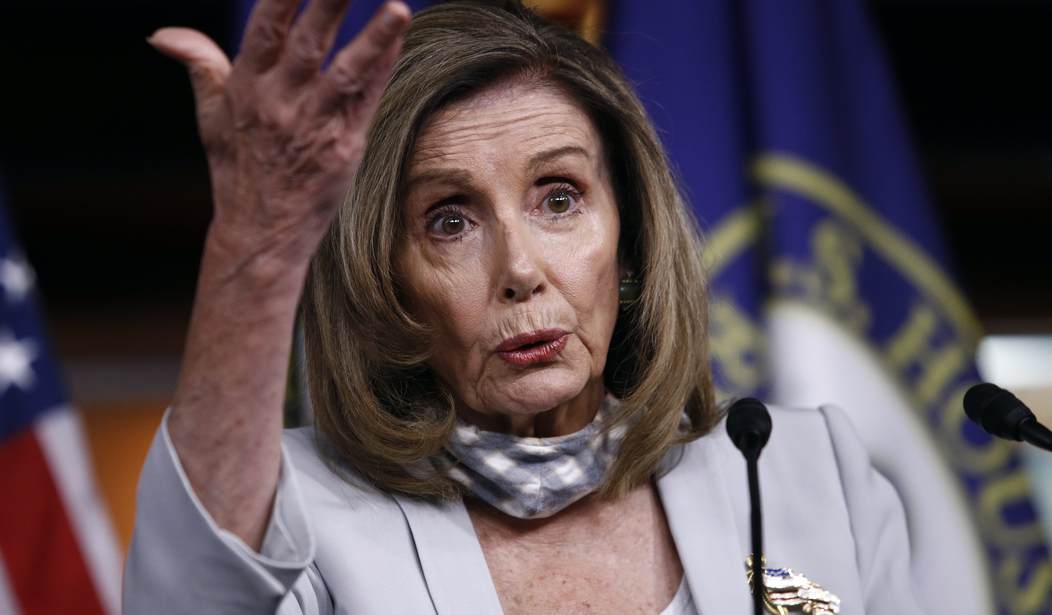As America faces its worst economic crisis since the Great Depression, businesses have been struggling to adapt to coronavirus restrictions. Stay-at-home orders and continuing capacity restrictions have led to surging losses and red ink across all industries. Lawmakers have helped cushion the blow by allowing companies to use their large losses to offset their tax liability incurred in previous years. Enacted in March, the bipartisan Coronavirus Aid, Relief, and Economic Security (CARES) Act permits businesses to carry back net operating losses (NOLs) five years to pare down onerous obligations to Uncle Sam. But, if some policymakers are successful, this relief could quickly go by the wayside. Instead of burying businesses under a mountain of tax liabilities, lawmakers should give companies the space they need to bounce back. And when companies bounce back, so will the economy.
Since returning from August recess, Congressional leadership has continued their usual partisan posturing over continued coronavirus relief. House Speaker Nancy Pelosi (D-Calif.) recently pushed through a $2.2 trillion package (called the “Health and Economic Recovery Omnibus Emergency Solutions Act”) that amounted to a grab-bag of goodies for special interests rather than a genuine attempt to help struggling households and businesses.
During negotiations, Speaker Pelosi alarmingly suggested curtailing the CARES Act provision allowing businesses to use NOLs to write off previous tax liabilities. Fortunately, this push appears to have been abandoned – for now. Politico recently reported, “Speaker Nancy Pelosi dropped net operating losses as a potential hangup once it looked like she and Treasury Secretary Steven Mnuchin had a little momentum toward a deal — suggesting the NOL chatter was more political positioning that allowed Democrats to again go after Republicans about tax cuts for the rich.”
But given the significant likelihood of a Biden presidency and the current, charged political debate over President Trump’s tax returns, the NOL issue is bound to resurface. The Biden team is already on the record supporting clawing back the CARES Act’s generous tax provisions, as part of a misguided populist push to make businesses “pay their fair share.” And this is just the tip of the iceberg for a presidential candidate convinced that struggling businesses aren’t coughing up enough to the Internal Revenue Service. President Biden would hike the corporate tax rate from 21 percent to 28 percent and target overseas income for increased scrutiny and taxation. While these measures may make for some good short-term political posturing, these policy changes would spell disaster for families and businesses down on their luck.
Recommended
As Forbes contributor Leon LaBrecque points out, generous NOL provisions complement other business-friendly tax policies in helping companies recover from coronavirus-related losses. LaBrecque notes that, “taking a $500,000 [business] loss back to 2015 (presuming they had income) could generate as much as $175,000 of tax refund.” With this tax refund, a small business could hire back workers that had to be laid off due to the pandemic. Businesses could also use these refunds to give workers temporary bonuses to help them weather the uncertainties posed by the current economic climate. Asking companies and workers to give up these benefits would be devastating, especially as states consider renewed lockdowns amid increases in coronavirus cases.
Increasing the corporate tax rate would cause even more pain, spurring layoffs and pay cuts at the worst possible time. According to extensive modeling conducted by the Tax Foundation, raising the corporate tax rate to 28 percent would destroy 187,000 jobs and axe wages by nearly 1 percent. Policymakers should aim to keep costs low for struggling businesses, rather than concocting ways to increase taxes and regulations.
Speaker Pelosi and presidential hopeful Joe Biden should commit to preserving current NOL provisions and low corporate tax rates and assure businesses and workers that the government is committed to continued relief. Struggling Americans need a break, not runaway costs and retroactive tax liability.
Ross Marchand is a senior fellow at the Taxpayers Protection Alliance.

























Join the conversation as a VIP Member